
Bedwetting is a relatively common thing in many households around the world. It is also the cause of so much frustration among parents who tend to believe that bedwetting is associated with inappropriate toilet training. That could not be further from the truth because bedwetting is actually only a developmental stage in the life of each and every child.Bedwetting is medically referred to as nighttime incontinence or nocturnal enuresis.
When it occurs in children who are under 6 years old it should not be a cause for any concern. This is mainly due to the fact that the control over the bladder during the night is simply not yet established. Treatment of bedwetting requires a lot of understanding and patience.
The exact cause of bedwetting cannot be established but there are a number of factors which may be contributing to the development of this medical condition. A child may have a bladder which is still too small to hold urine which gets produced during the night. There are also children who cannot recognize when he or she has a full bladder. Hormonal imbalances can also play an important role when it comes to the occurrence of bedwetting. This usually includes insufficient amounts of the anti-diuretic hormone produced so the production of urine during the night cannot be slowed down as it was supposed to be.
Various stressful events such as sleeping away from home, starting a new school and so on can also be contributing to the occurrence of bedwetting. Bedwetting may also be associated with urinary tract infections. They may make it difficult to control the bladder and lead to painful urinations, frequent urination, daytime bedwetting and several other symptoms.
Bedwetting can also be associated with sleep apnea. For those who do not know, sleep apnea is a condition in which the breathing gets interrupted during the sleep and is accompanied by symptoms such as daytime drowsiness, sore throat, sinus infections, ear infections and snoring. Diabetes can also be one of the possible causes of bedwetting, and in such cases it is usually accompanied by weight loss, fatigue, increased thirst and several other similar symptoms.
Chronic constipation and bowel movement problems may also trigger bedwetting at night in some cases. Various defects in the urinary system or the neurological system of a child may also sometimes be held responsible for the onset of bedwetting.
The intake of fluids in the evening needs to be reduced. Beverages and food items which contain caffeine need to be avoided as much as possible.


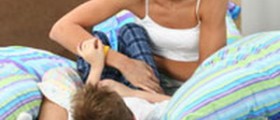
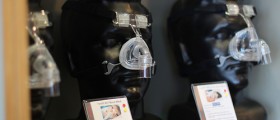
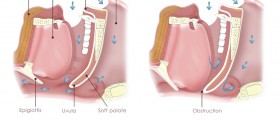


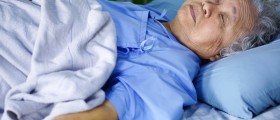
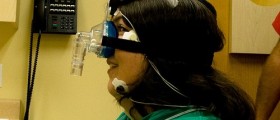

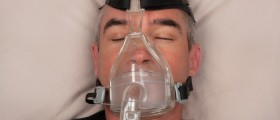

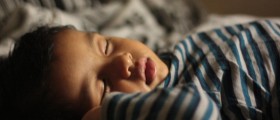

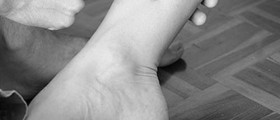
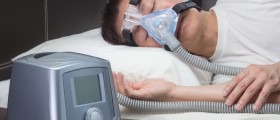
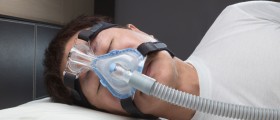
Your thoughts on this
Loading...